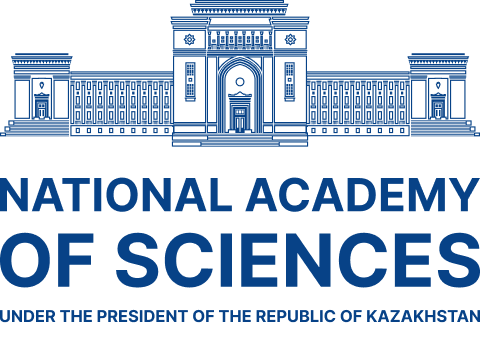As we know, the level of development of any society is determined by the pace of development in science and education. We clearly see this through the experience of advanced countries. Given this, we must radically change the prevailing attitude towards scientists in our society.
Unfortunately, during the years of independence, we have not been able to establish a modern system for organizing domestic science.
We must acknowledge that we have been operating solely on speed, where the main principle for state bodies was achieving quick victories and obtaining rapid results to present «upwards» as successful reports.
In such conditions, domestic science, which remained outside the main priorities of the state, naturally could not develop properly.
Today, society questions where the modern Satpayevs, Yesenovs, and Margulans are. How can they emerge when all these years scientists were viewed as a burden, and funding for scientific research is 10, 20, and 30 times less than in developed countries? In this regard, we lag behind even many developing countries.
It is only recently that proper attention has begun to be paid to scientists. Thanks to the active position of the President of the country, Kassym-Jomart Tokayev, unprecedented support for the development of education and science in the country has begun.
Now, we need to properly develop a strategy for the development of science so that it becomes truly pragmatic, aimed at economic development like in other countries.
In this, the National Academy of Sciences plays a special role. It should not become another administrative layer over scientists. It has its unique mission and vision: to become an autonomous, independent proposal-making, authoritative expert scientific organization that fills systemic gaps in science management.
First and foremost, we need to correctly determine the priority areas of scientific research. Unfortunately, unlike developed countries, they are mainly based on the capabilities of scientists rather than the needs of the country.
In this regard, an objective system for determining priority areas for the development of scientific research, in conjunction with the real state of the economy, science, and global trends in scientific and technological development, will be deployed within the academy.
Secondly, the templated approach with a three-year funding period on a competitive basis for all areas of science has led to a decrease in its effectiveness, especially in fundamental research. Due to the lack of proper conditions for the development of fundamental science, we began to lose the foundation that contributes to the formation of modern basic competencies, ensures the effectiveness of applied developments, and facilitates the constant increase of the country’s intellectual potential. Therefore, we need to radically change the format of funding fundamental scientific research.
Additionally, the Academy, together with leading scientists, will make proposals for solving important socio-economic problems of the country’s development, implementing large interdisciplinary projects using modern digital and genomic technologies, covering all aspects of research from the formation of fundamental bases to practical application.
Currently, we have begun developing five such strategically important programs. For example, under the leadership of the world-renowned scientist, Vice President of the Academy Dos Sarbasov, a project on developing modern biotechnology in agriculture in the country has begun, which will enable a significant breakthrough in increasing agricultural crop yields.
Thirdly, in Kazakhstan, with its vast territory, it is important to develop regional science for balanced economic development.
What is the secret of success for technologically advanced countries? For instance, in the USA, almost every state has a major research university that serves as an innovation center, a «brain hub» for the development of the region’s economy. This work is coordinated directly by the state governor.
In our country, the situation is entirely different. Scientists are unaware of regional problems, and the regions are unaware of the scientists’ capabilities. Many regional administrations do not even have officials responsible for interacting with scientific organizations.
We see the solution to this problem as follows. The Academy will comprehensively support regional universities and research institutes, help organize scientific research for the region correctly, and, if necessary, attract academicians and foreign partners. We propose to start this work by establishing Councils on Science and Technological Development at regional universities, led by the deputy governor of the region. The council will include leading scientists, Academy members, representatives of public organizations, major high-tech enterprises, and the business community. The councils will formulate current regional problems («bottlenecks») and propose acceptable parameters for their resolution.
Indicators of work on the development of science in the region should be included in the rating of governors and key indicators of the level of socio-economic development of the regions. We propose to start it in pilot mode in 2-3 regions where the governors are ready for such interaction.
This initiative of the Academy («Science in the Region for the Region») is an example of a pragmatic approach in the scientific field, as I mentioned earlier. It will fill the systemic «gap» in scientific and scientific-technical policy, bring science closer to practice and real production, and thus contribute to the social and economic development of the regions, strengthening the scientific and technological potential of the country by making changes correctly from the bottom up, rather than from the top down.



